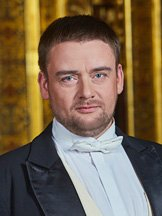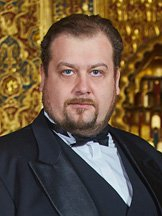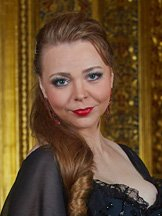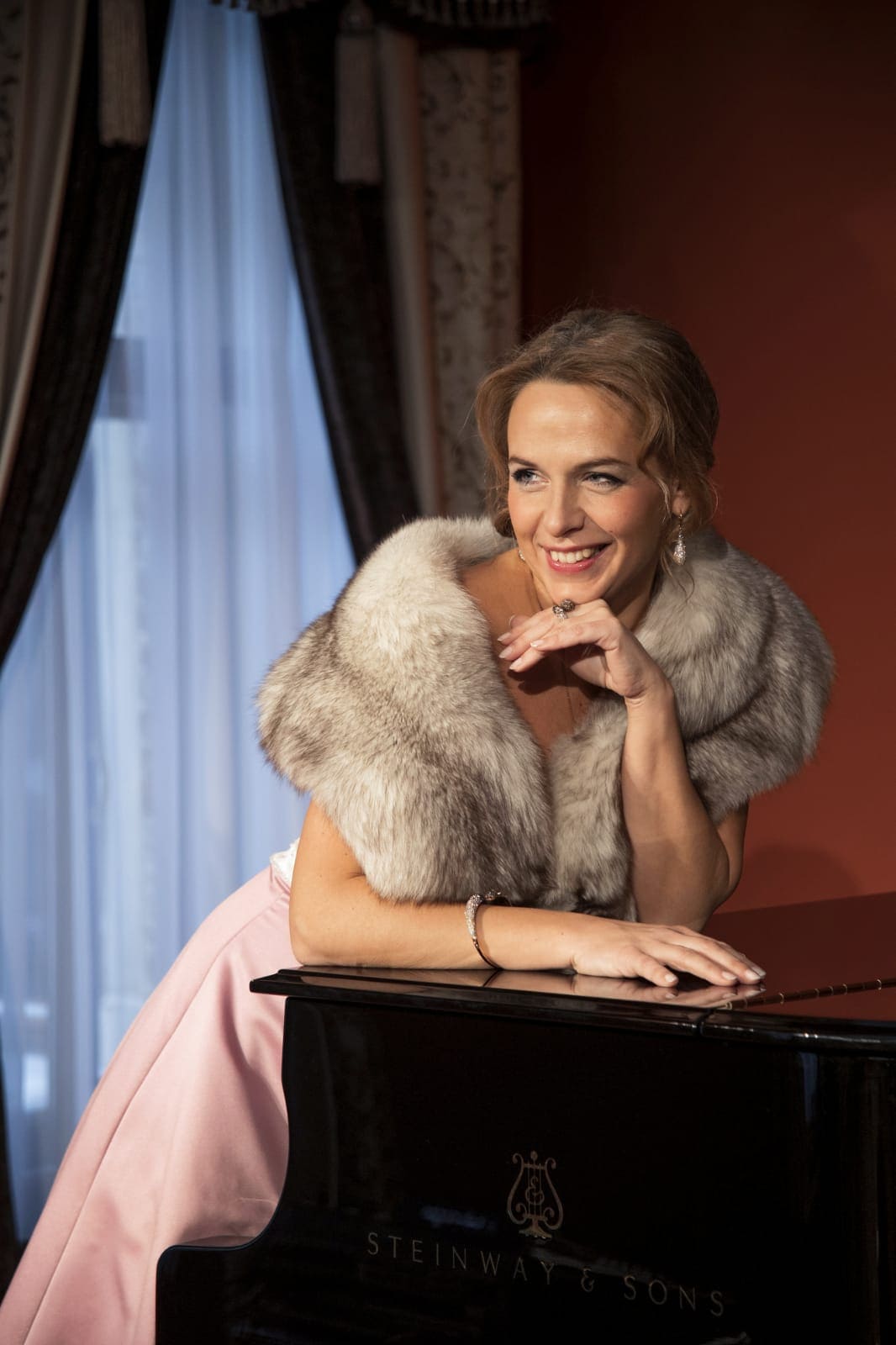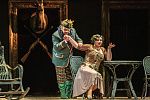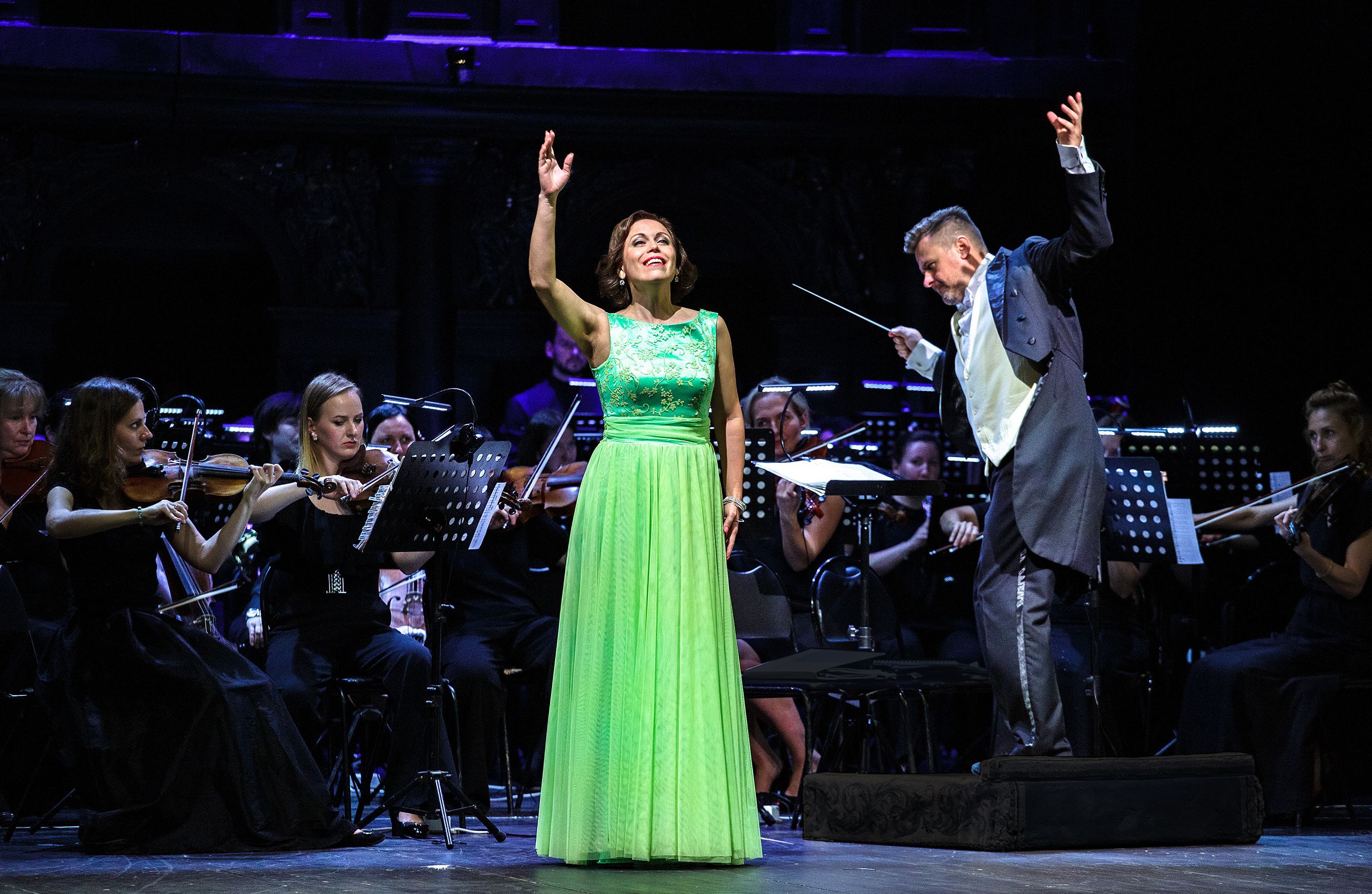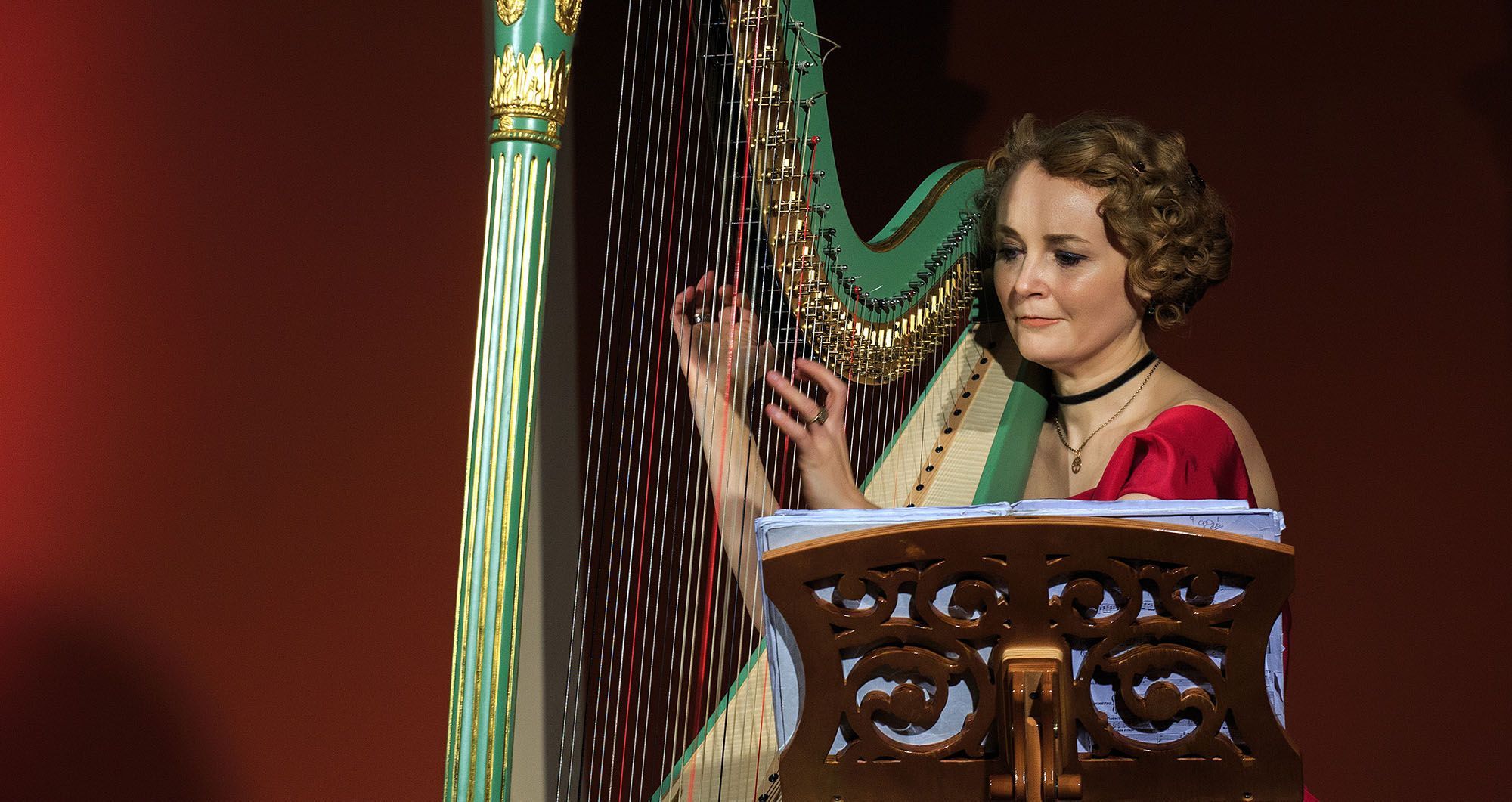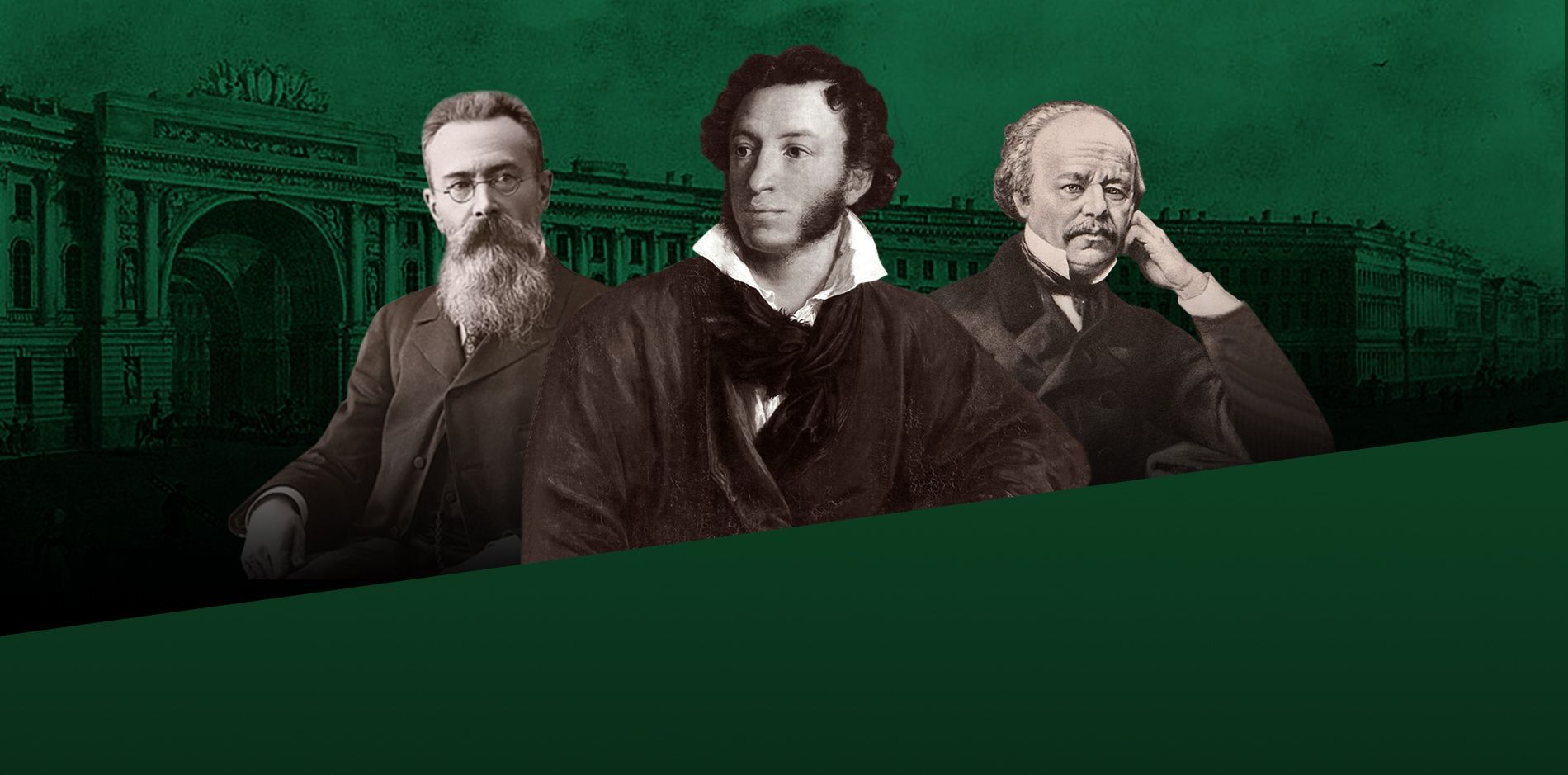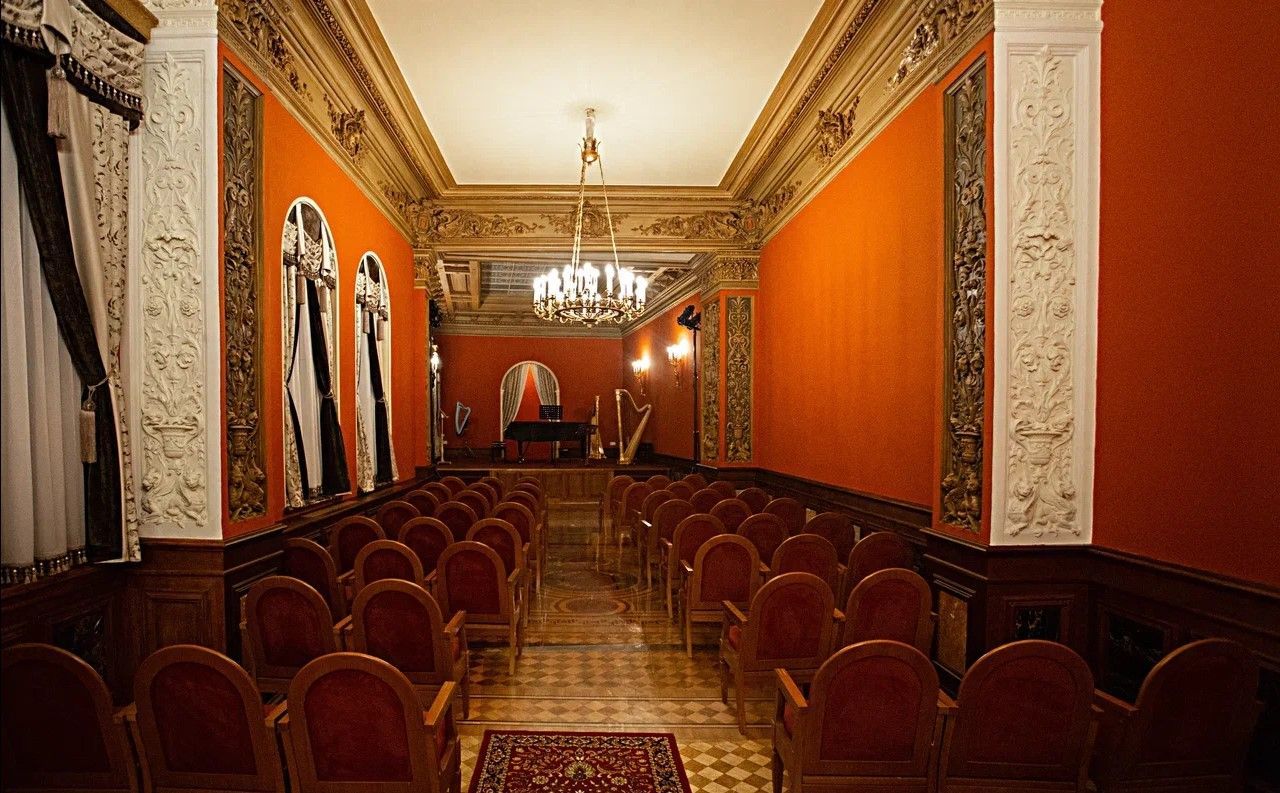Break 15:00–16:00
The Bat (Die Fledermaus)
The operetta is engaged with heady atmosphere, it is impossible not to “fall in love at first sight” with it.
04 May,
Saturday,
19:00
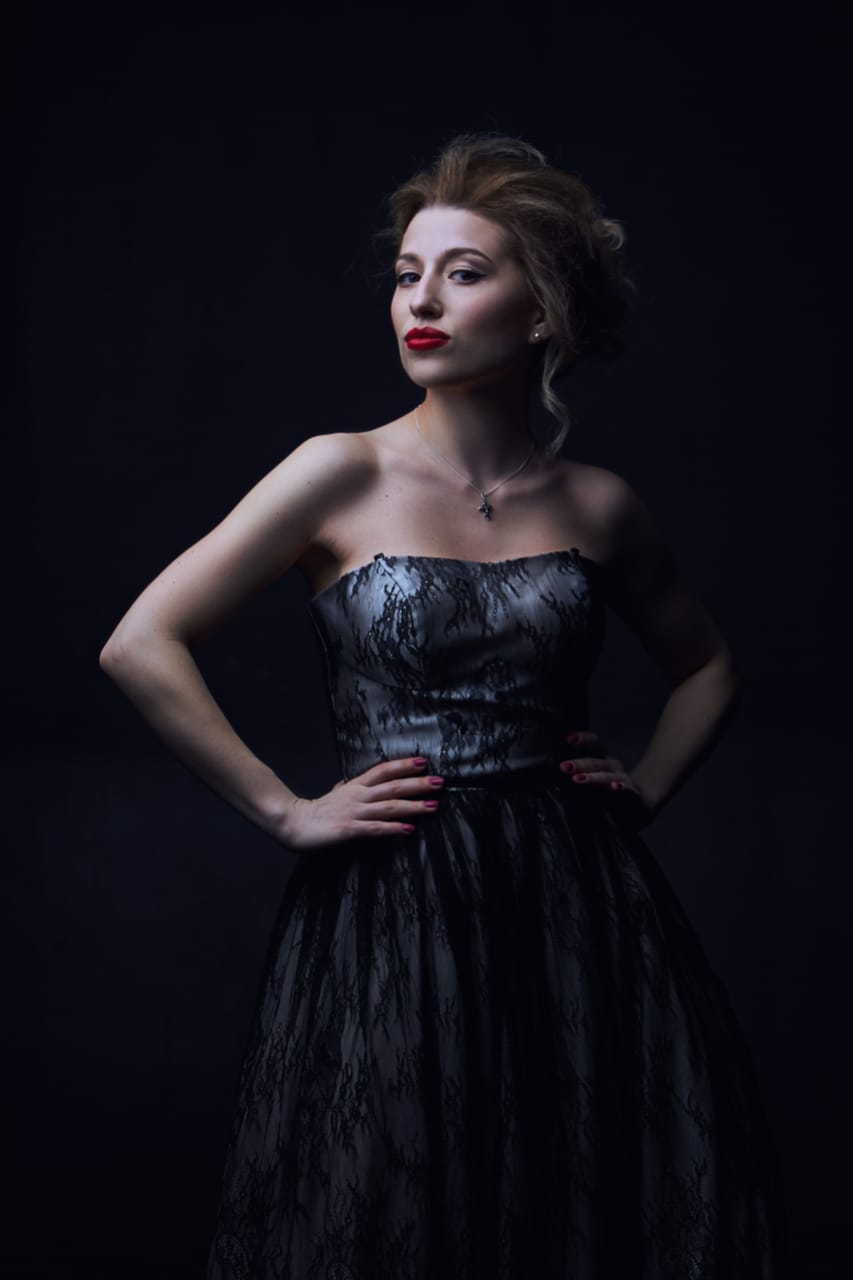
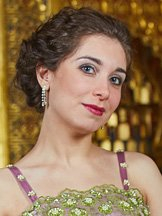
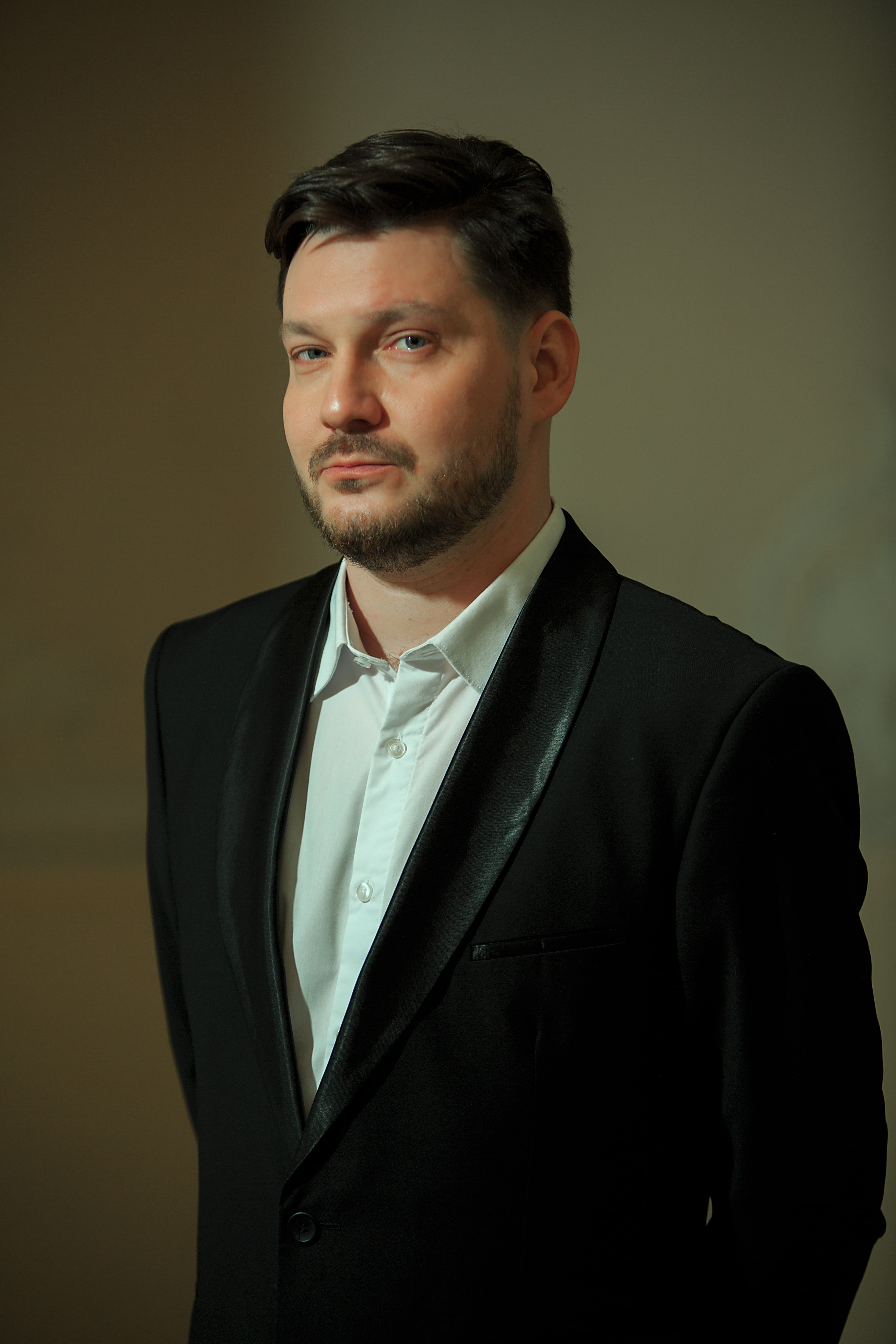
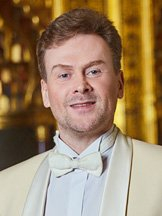
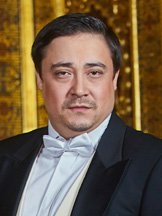
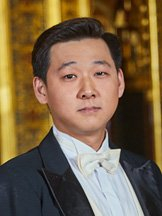

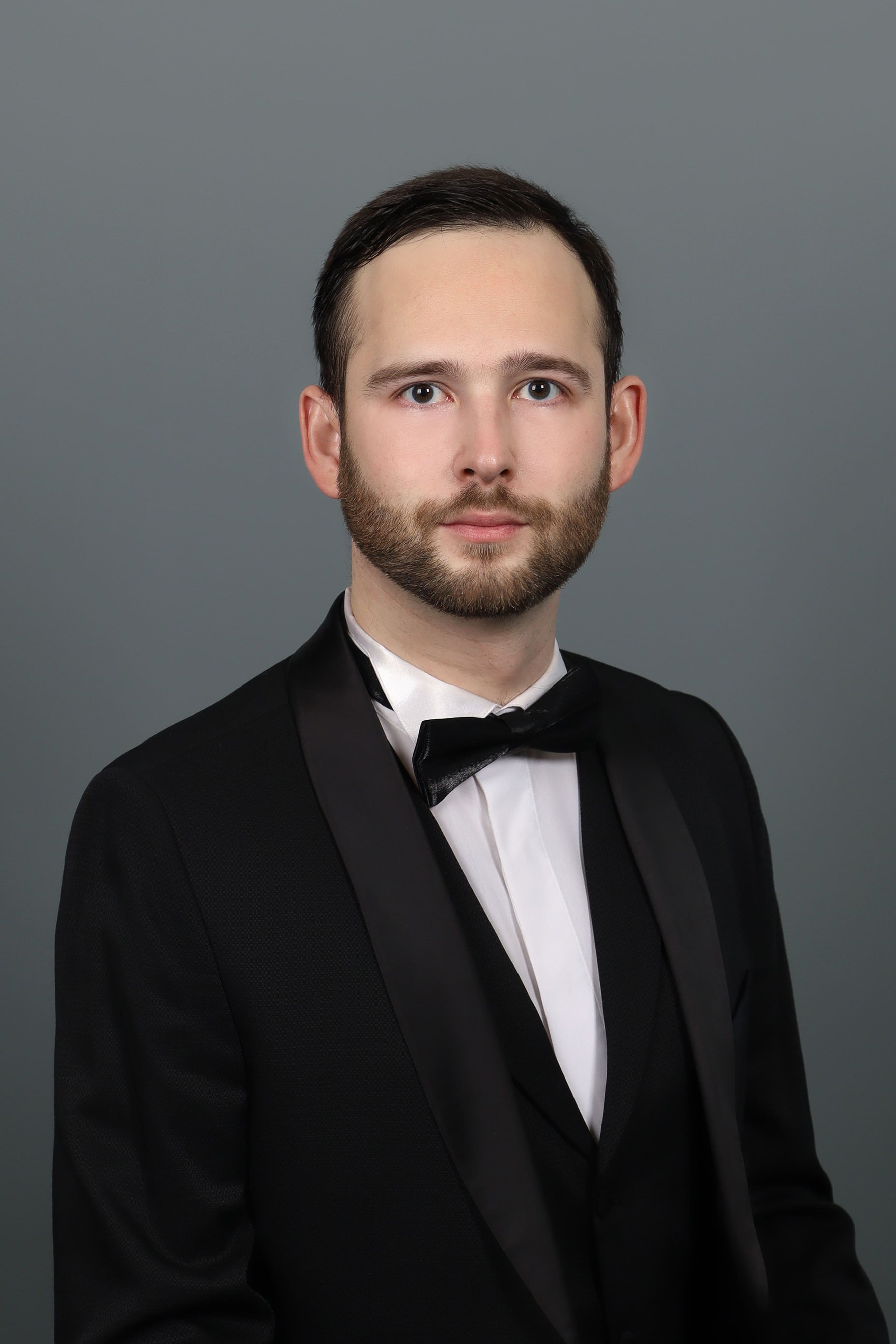
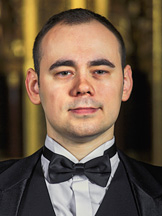
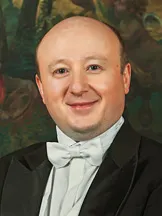
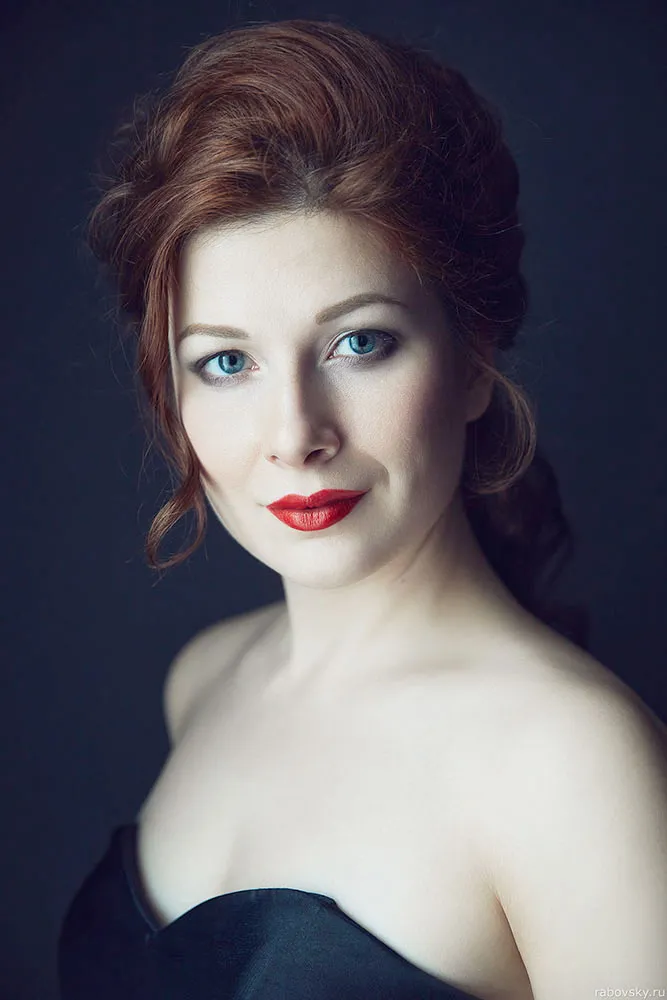
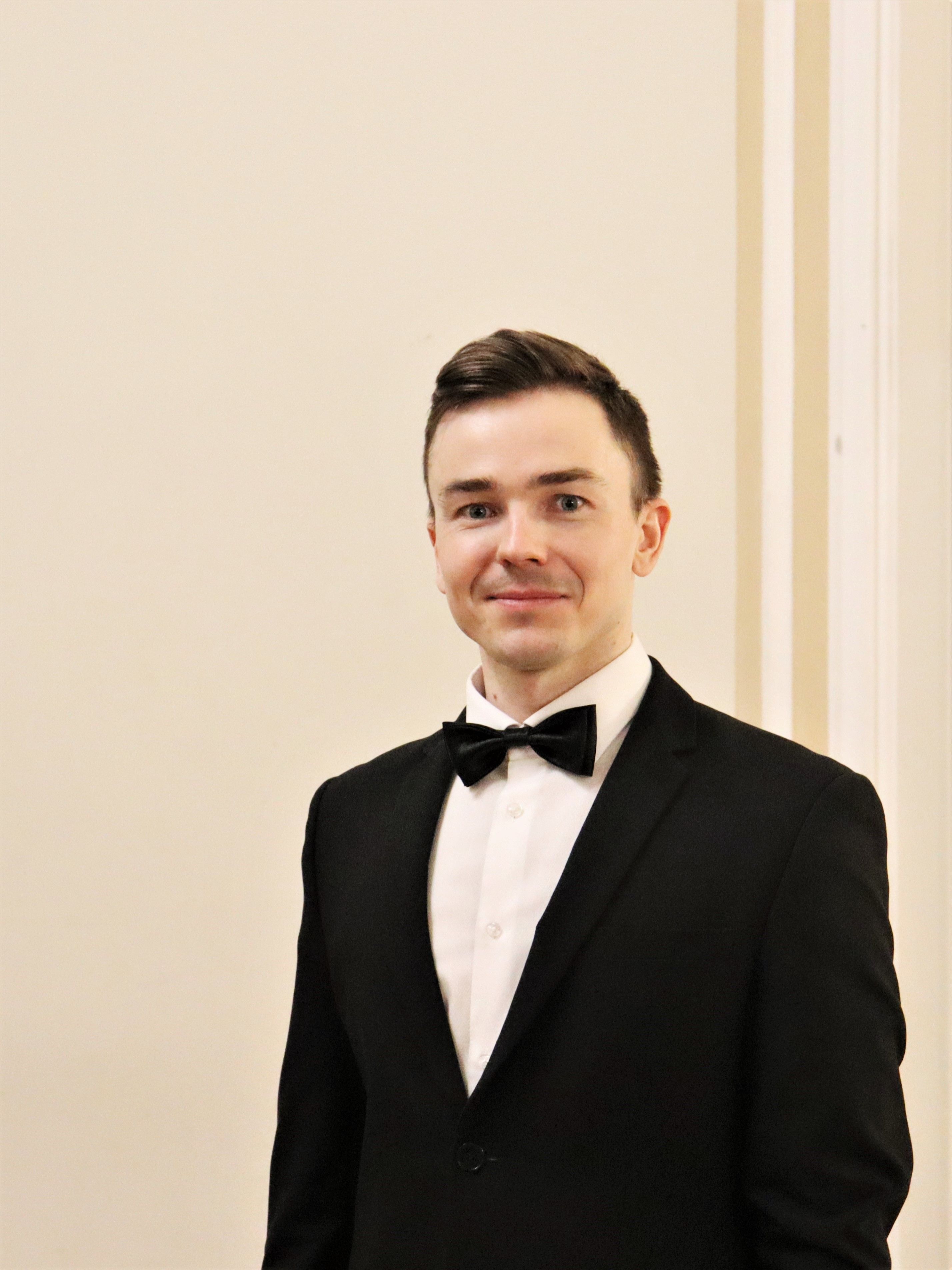
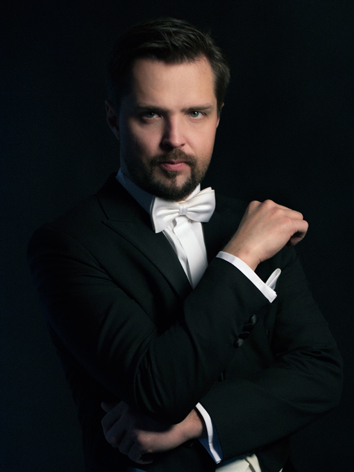
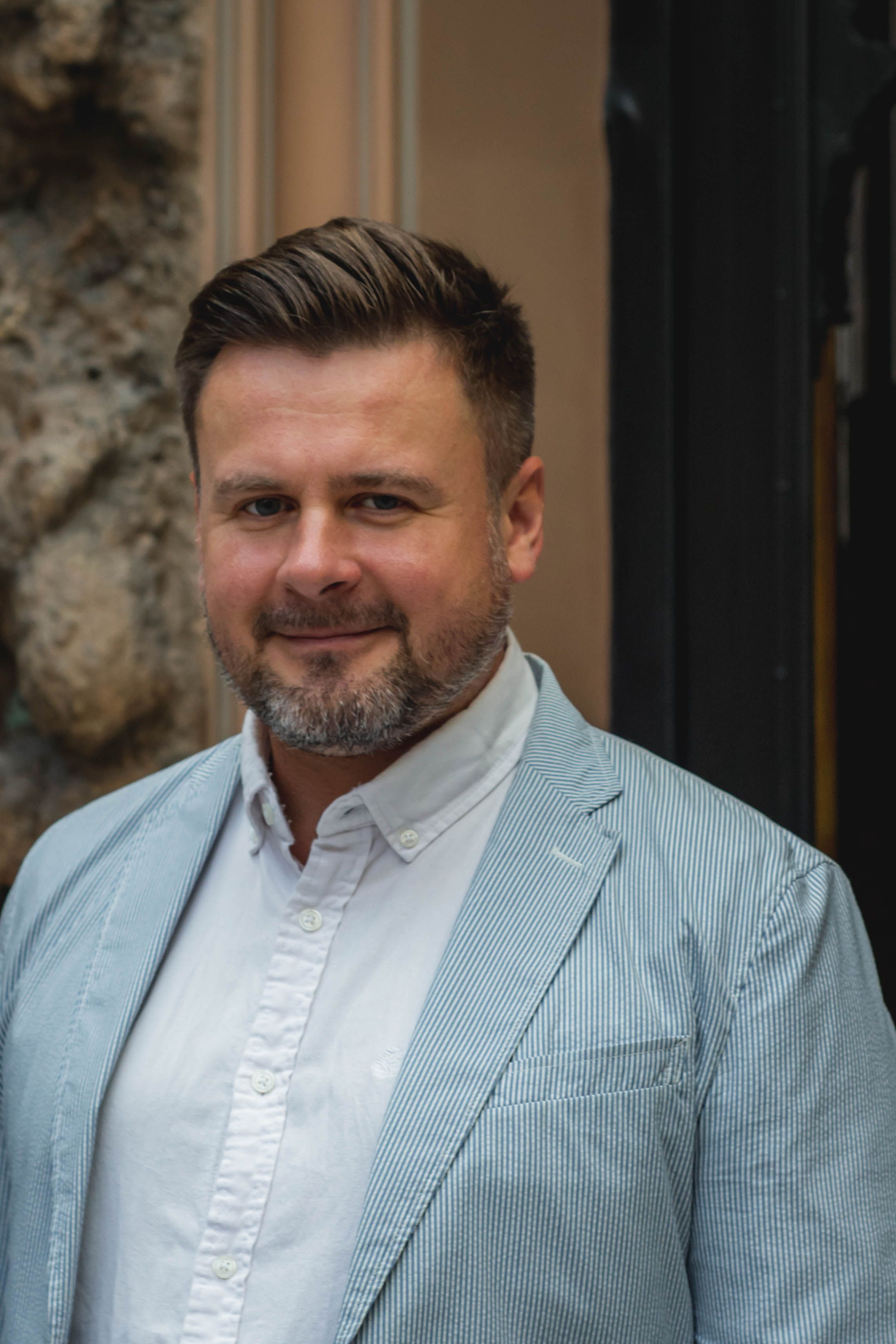
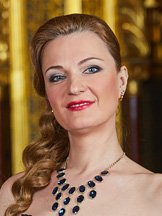
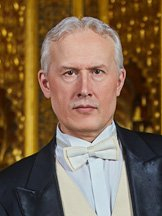
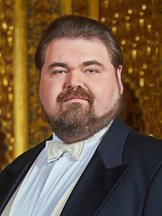

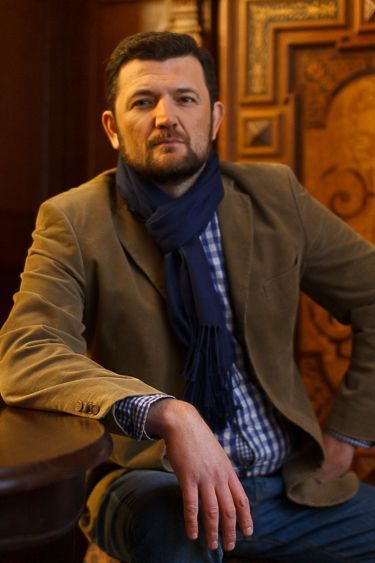

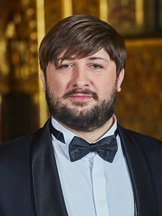


“Pearl of the Viennese operetta crown”, “An elegant bagatelle”, “Operetta of all operettas” – these are the titles of the play The Bat (Die Fledermaus). It remains one of the most unsurpassed creations of Johann Strauss Jr., full of dance rhythms of the Viennese waltz, polka, gallop and czardas, preserving eternal youth. The operetta is engaged with heady atmosphere, it is impossible not to “fall in love at first sight” with it.
The story on the plot of which the libretto was written actually took place in Paris. At the carnival, the husband did not recognize his wife in the costume of a “bat” and fell in love with a “stranger.” The funny story delighted the 22-year-old composer, and he, without hesitation, begun creating music.
There was no place for acute social themes or political satire, often found in French examples of the genre in this production. This is not a story about a punished vice, Strauss wrote about the ability to live and love recklessly, inspired and festively.
The Bat (Die Fledermaus) seems to be very light at first glance, but at the same time, beautiful music requires luxurious operatic voices, a good orchestra, and characters with dramatic performing skills. The St. Petersburg Opera demonstrates all these qualities in this play.
The elegant production of the St. Petersburg Opera has already touches the hearts of many spectators. It has a unique flair of old Vienna and seething joy, luxurious decorations and costumes, as well as unexpected meanings, without which the production of People’s Artist of Russia Yuri Alexandrov is impossible. The action of the operetta was moved from the prosperous year of 1874 to the crumbling Austria-Hungary just before the First World War...
Act I
Vienna. Beginning of the 20th century. House of merchant Genrich von Eisenstein. Evening. The unlucky Viennese dandy Alfred, in love with Eisenstein’s wife Rosalinde, sings a serenade in her honor. Adele, Rosalinde’s maid, informs Alfred that the hostess ordered not to let him into the house. Alfred gives her an invitation card to a masquerade ball to Prince Orlofsky. Adele really wants to go to the ball, but she does not have a suitable toilet. She decides to take the dress from her mistress and seeks Rosalinde’s permission to leave the house for the whole night.
A frustrated Eisenstein enters. He was sentenced to eight days in prison for hunting in foreign lands. He tries to explain to his wife how it all happened, but he involuntarily blurts out and almost betrays his love affairs. Blind’'s lawyer appears, unsuccessfully defending Eisenstein in court. Genrich von Eisenstein and Rosalinde kick him out.
Falke comes, Genrich’s friend, a theatre manager, he also almost blabs to Genrich’s wife about the adventures of her husband, but manages to save the situation. Falke invites Genrich to a masquerade to Prince Orlofsky. He will pass him off as a marquis, and they will have a merry night. And Genrich always has time to go to prison ...
Adele asks Falke to take her to the theatre as an actress. But Falke laughs at her. He considers her a “mediocre redneck.” Rosalinde tearfully says goodbye to her beloved husband, thinking that he is going to jail. Alfred appears in the house. Rosalinde tries to kick him out, but a jailer Frank suddenly enters. He himself arrived for the prisoner – von Eisenstein. Rosalinde passes off tipsy Alfred as Genrich. To save her honor, Alfred is forced to follow Frank to prison under the name of von Eisenstein.
Act II
Masquerade ball at Prince Orlofsky. Among the guests is a girl in a bat mask. Everyone pays attention to her, especially Genrich von Eisenstein. He is introduced to Prince Orlofsky and his guests under the name of the Marquis de Carambol.
The Russian prince is having fun with friends. Adele appears at the masquerade in a luxurious pink dress. By chance, she meets the “Bat” and learns that Rosalinde is hiding under this mask. Rosalinde mistakes Adele for a baroness. Falke is fascinated by the pink mask of Adele and is looking for her everywhere. He meets Rosalinde, who has come here to check the validity of her suspicions of her husband’s frivolity. The prince introduces Eisenstein to the “Baroness”, and Genrich von Eisenstein recognizes his maid, but no one believes him. He is forced to apologize to Adele. Adele makes fun of him.
Finally, von Eisenstein meets Rosalinde. Not recognizing his wife, Genrich begins to look after her intensely. Rosalinde cunningly takes possession of Genrich von Eisenstein’s watch, which she once gave him, and runs away.
Falke is unrestrainedly carried away by the Baroness – Adele. Noticing that she is willing to talk to the footmen, he takes the tray and pretends to be a footman. Adele recognizes him and laughs at him, remaining unrecognized. A prison governor Frank, not suspecting that Eisenstein is hiding under the guise of Carambol, makes friends with him. The clock strikes. Frank and Genrich rush to prison. The general fun continues.
Prison. The heavily intoxicated attendant reports to Frank about the incidents of the previous night.
Appearing to serve his sentence, Genrich learns that he, Genrich von Eisenstein, was already arrested last night and is in cell No. 9. In addition, he learns that in his absence, his wife had a stranger, and becomes enraged.
The lawyer Blind arrives at the prison, summoned by Alfred for a consultation. Genrich von Eisenstein takes away his lawyer’s wig and robes. Under the guise of Blind, he talks with Alfred and gradually finds out everything that happened in the house during his absence. Rosalinde appears. She easily recognizes her dissolute husband in the imaginary lawyer.
In a rage, Genrich reveals his incognito and threatens his wife and unlucky lover with revenge. But Rosalinde shows her husband the watch taken from him at the ball – evidence of his frivolity. Genrich von Eisenstein is forced to ask for forgiveness. Suddenly, a large company appears in the prison, headed by Prince Orlofsky. Adele is with them. She takes off her mask, and Falke, who mistook her for the Baroness, is forced to recognize her acting talent. From this moment on, she is an actress of his theatre.
Genrich invites everyone to his place. This is how the whimsical events of a fun and hectic night end.
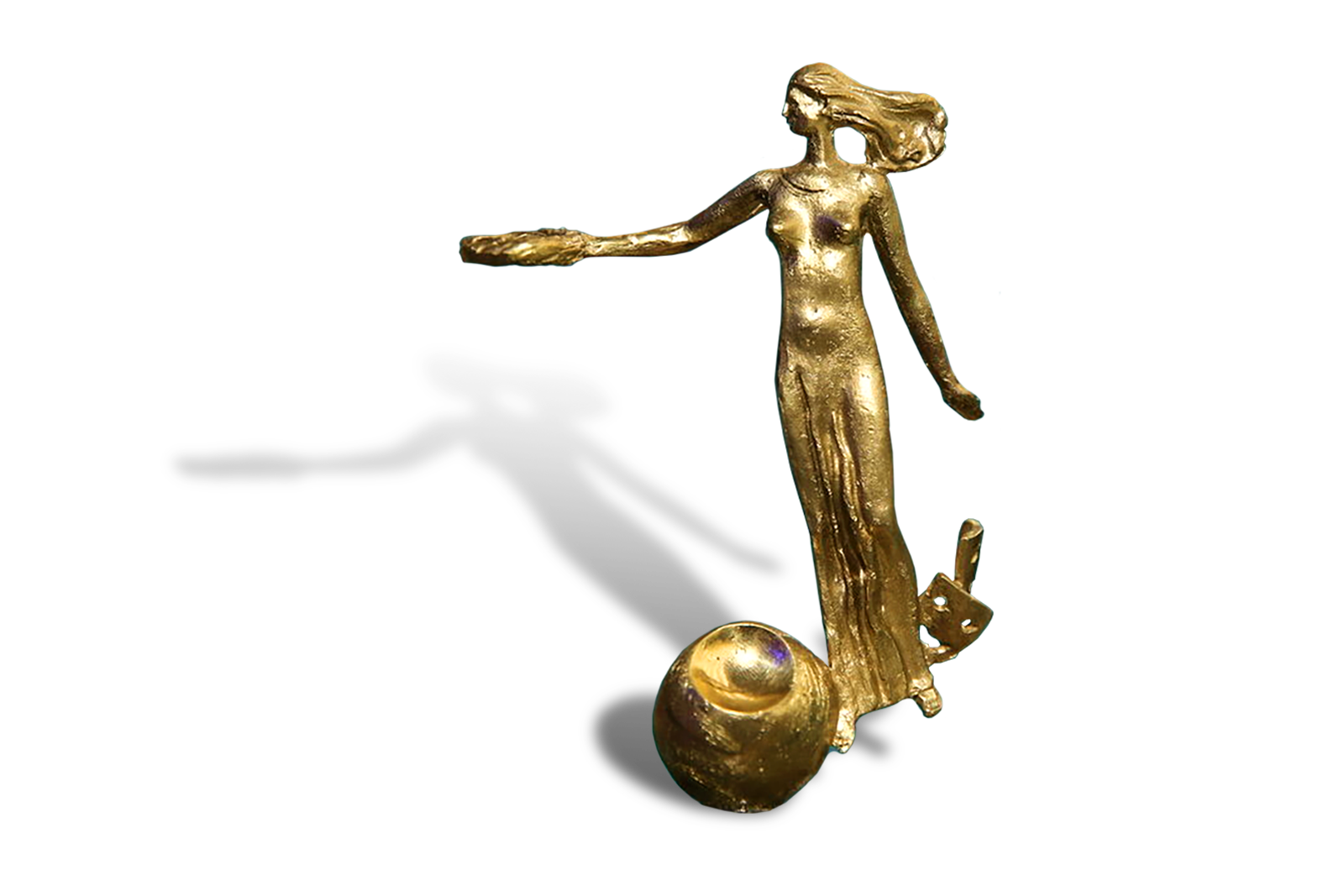
Номинация «Лучший спектакль в жанре оперетты», сезон 2012/2013









